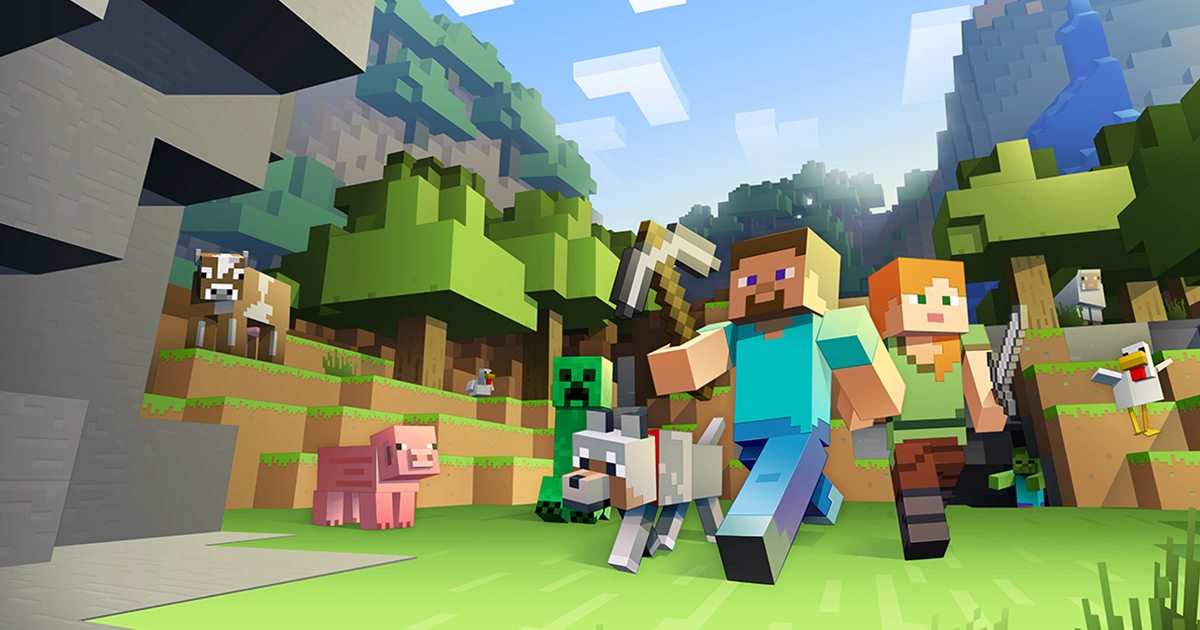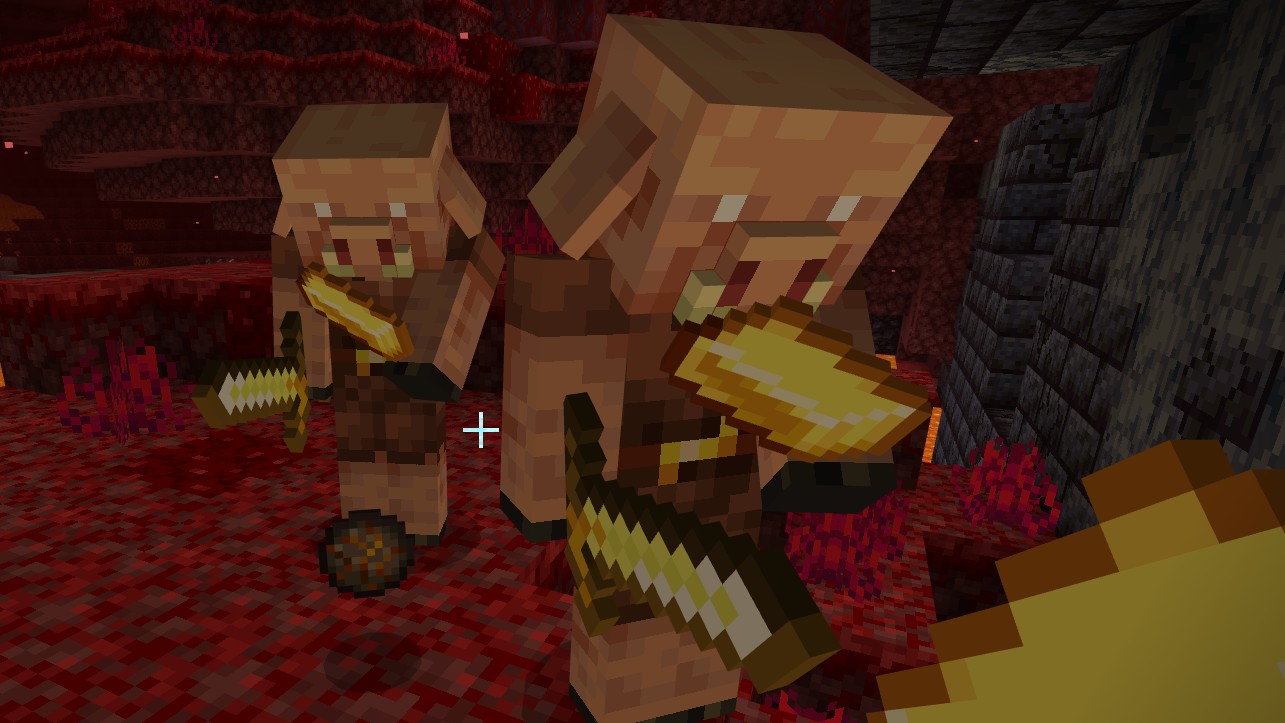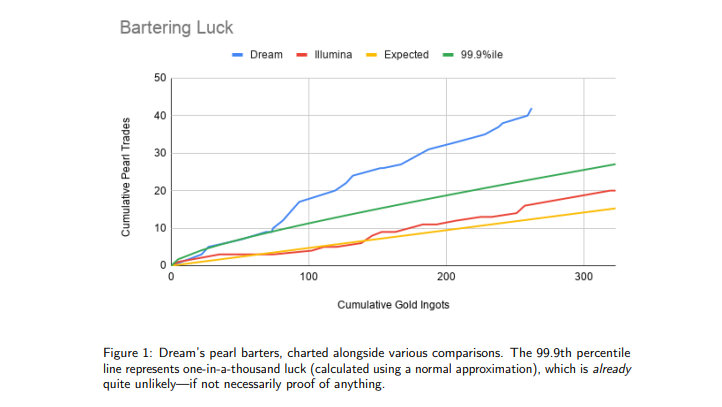A brief summary of the cheating scandal surrounding YouTube's biggest Minecraft speedrunner
A wildly popular Minecraft speedrunner, Dream, had his world records removed after officials concluded that cheating was involved.

With 15.4 million subscribers and many of his videos hitting anywhere between 20-60 million views, it's safe to say that 2020 was one heck of a year for the Minecraft YouTuber, Dream. The speedrunner quickly rose to fame, gaining millions of followers so quickly that his subscriber count grew by 12 million between January and November last year alone.
Even if you don't know much about YouTube's breakout star of 2020, you might have heard about the controversy surrounding his record-breaking Minecraft speedrun after officials concluded that cheating was involved, a situation that has rolled on for months with claim and counter-claim but, finally, seems settled. If you're wondering what exactly happened and need a short explainer, here's a breakdown.
Dream's popularity is largely thanks to the YouTuber's Minecraft speedrun videos, where he tries to complete the game as fast as possible, and their Minecraft manhunt series, which is ridiculously popular. Dream's speedruns continually break records and make the Minecraft world speedrun leaderboard, to the astonishment of many viewers. During this success, suspicions arose about the legitimacy of some of his runs, and in particular, accusations arose about Dream tampering with the game to get better luck.
The accusations arose in October 2020 from a fellow Minecraft speedrunner (whose tweets have since been deleted) who reported seeing higher RNG drops for key items in a run submitted by Dream earlier that month, the same run that placed 5th on the world leaderboards.
Minecraft speedruns are officiated by a team of moderators from speedrun.com and this accusation prompted the team to investigate. In December, they released a 29-page long research paper and accompanying YouTube video summarizing the two-month investigation.
It's a thorough report and, many statistical graphs and math calculations later, the team came to the conclusion that Dream was cheating by modifying the game. When moderators announced their decision, Dream categorically denied the accusation but has since respectfully accepted the team's conclusion without admitting fault.
So what's being disputed? The key to the arguments around Dream's run comes down to Minecraft's drop rates for two items. Minecraft speedrunning is based on how quickly you can get from the start to the end of the game and relies heavily on crafting. The quickest way to get to the end relies on getting two important crafting items, an ender pearl and a blaze rod, which both rely on RNG enemy drops. Ender pearls can be gained by trading gold with in-game creatures called Piglins, whereas blaze rods drop after you kill a specific mob.
The biggest gaming news, reviews and hardware deals
Keep up to date with the most important stories and the best deals, as picked by the PC Gamer team.

It's interesting to note here that the methods of obtaining these two items is relatively new. Mojang released a major update back in June last year called the Nether update also known as 1.16. This introduced new ways of getting those important endgame items, and bartering with the Piglins for ender pearls and collecting blaze rods from mobs was now the most optimal strategy for speedrunning. The odds of a Piglin dropping an ender pearl is extremely low, sitting at 5%, with a blaze rod having better drop odds at 50%.
With the chances of these item drops being so low, speedrunners rely on luck when bartering with the Piglins, since the item they give you in return for a trade is picked at random. In Dream's streams it was noted that he always got very lucky when having to collect both ender pearls and blaze rods. In their paper, the speedrun.com moderators took six of Dream's livestreams to conduct their investigation. They found that in Dream's runs, he successfully barters for an ender pearl 42 out of the 262 times and collected 211 blaze rods out of 305 mob kills which is just under 70% (instead of the usual 50%). In short, he was getting a much higher percentage of important item drops than you would expect.

Taking into account sampling bias (I suggest you read the whole report for more details), they found that the likelihood of Dream getting the drops he received are "unfathomably small" and there is a 1 in 177 billion chance of getting Dream's successful trades legitimately. The paper concludes "Dream's game was modified in order to manipulate the pearl and rod drop rates". Although proving the accusation definitively is impossible, unless Dream cops to it, the team used extensive data to back up the decision and removed his run from the leaderboard. If you want a further breakdown of the maths, I suggest watching Karl Jobst's video for more info.
In response, Dream denied the accusations and agreed to send over his files to the moderation team showing what he had in his mod folders at the time of the run. When asked if he had changed the files, Dream says that it's likely he did since he changes what mods he's using when he switches which version of Minecraft he's on (which is pretty normal for Minecraft players, in fairness). The moderation team decided that, since files could have been deleted since he streamed, the decision stood. Dream has since made the file available to download which he alleges was uploaded less than "10 minutes after the stream" and includes the mod folder.
I provided everything the mods ever asked for to them, so this is false. I also never said that I "delete them frequently", and Geosquare has admitted this and apologized. The only time I was ever asked anything regarding my mods folder, was 10 days after my speedrun.December 14, 2020
Dream posted a number of responses on Twitter, including a video with a report reviewing the speedrun.com team's paper, conducted by an anonymous third-party that he had hired. The document looked over a larger sample pool from Dream's speedruns and claimed the moderators had made mistakes in calculating drop rates, and that Dream's lucky drop rates were more likely than claimed. Although Dream posted a response, there are still disagreements regarding the maths and the moderators have stuck with their decision.
Although they disagree, both parties have since come to accept the other's view, especially after the social media fallout. Both a Minecraft speedrunning moderator and Dream had to tell viewers to stop sending negativity and hate to the other and, while things seemed to have simmered down, the moderators have stuck with their decision. This specific run from the Minecraft content creator remains struck from the leaderboards, and whatever Dream does in this scene in the future will be watched with keen eyes.
Minecraft seeds: Fresh new worlds
Minecraft texture packs: Pixelated
Minecraft skins: New looks
Minecraft mods: Beyond vanilla
Rachel had been bouncing around different gaming websites as a freelancer and staff writer for three years before settling at PC Gamer back in 2019. She mainly writes reviews, previews, and features, but on rare occasions will switch it up with news and guides. When she's not taking hundreds of screenshots of the latest indie darling, you can find her nurturing her parsnip empire in Stardew Valley and planning an axolotl uprising in Minecraft. She loves 'stop and smell the roses' games—her proudest gaming moment being the one time she kept her virtual potted plants alive for over a year.



